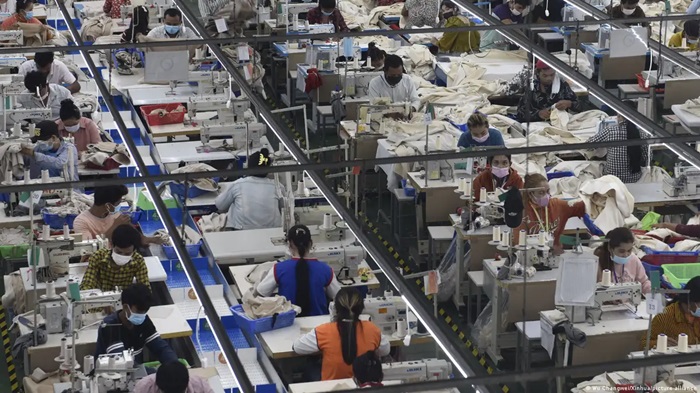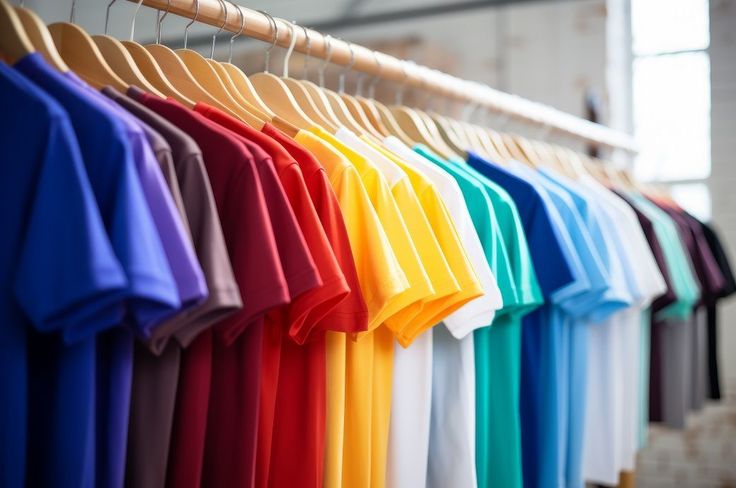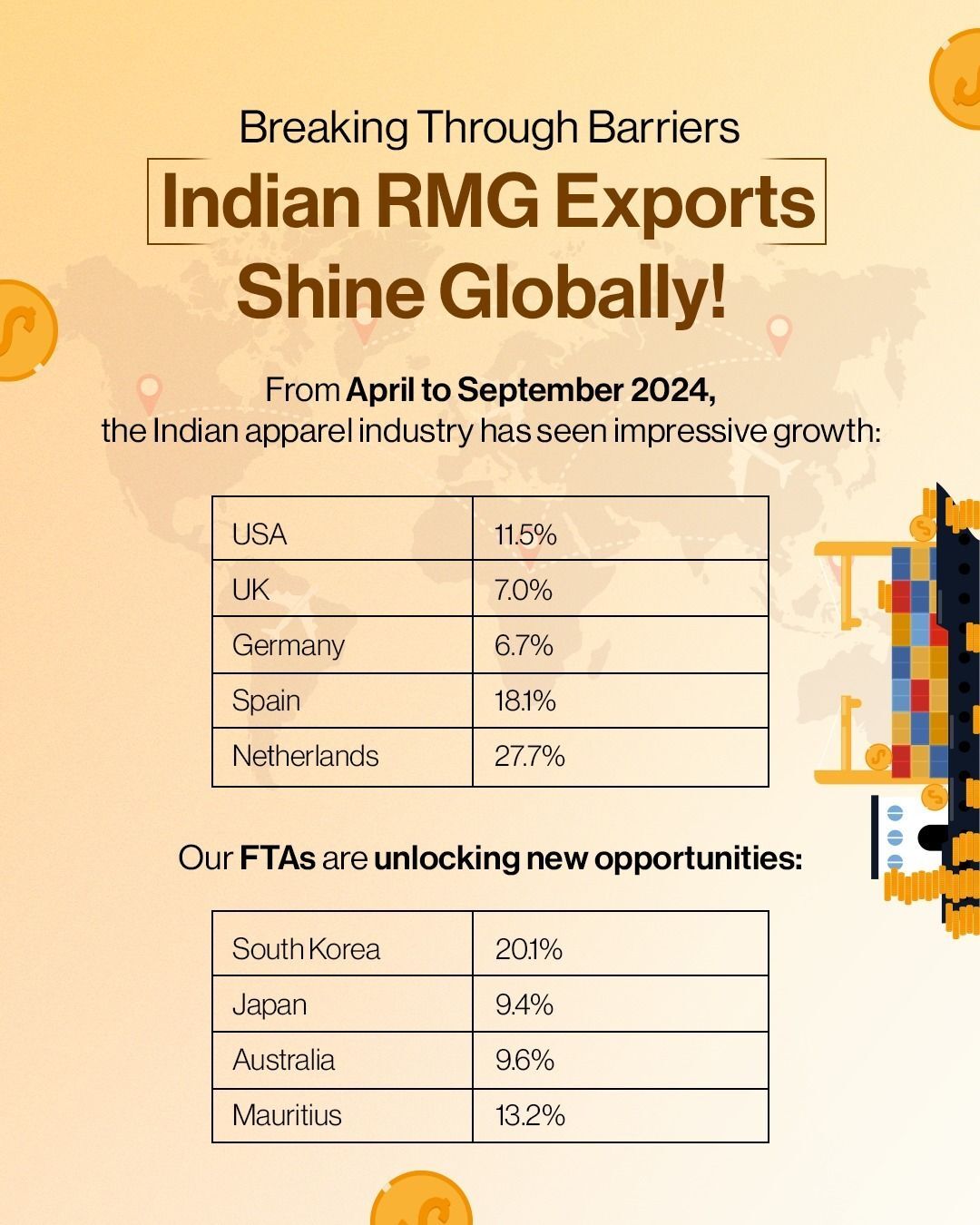
The European Parliament has taken a significant step towards eradicating forced labor from its market. They've approved a new regulation that prohibits the sale, import, and export of goods produced using forced labor within the EU. This marks a major development in the fight against modern slavery and human rights abuses in global supply chains.
Decoding the new rule
This new regulation empowers the EU to ban the import, export, and sale of goods produced using forced labor. National authorities and the European Commission will have the power to investigate suspicious products and their supply chains. Products deemed to be linked to forced labor will be barred from the EU market, including online retailers. Manufacturers of such products will face consequences like product withdrawal, fines, and potential bans until they can demonstrate a clean supply chain.
The garment industry, notorious for its complex supply chains, is likely to be significantly impacted. Cheaper clothing lines that rely on opaque supply chains are more likely to be impacted. Importers will now face stricter scrutiny to ensure their products are free of forced labor. This could lead to:
• Increased due diligence by companies to map their supply chains and identify potential forced labor risks.
• Disrupt garment imports from countries with a high risk of forced labor.
• Diversification of sourcing to countries with better labor practices.
• Price hikes for consumers as companies factor in the costs of ethical sourcing.
The regulation doesn't target a single sector within garments, but rather focuses on production methods. However, sectors with a complex supply chain and a history of forced labor concerns, like cotton production, might face increased scrutiny.
What’s more, while the regulation applies globally, countries with documented instances of forced labor, such as Turkmenistan and China, are likely to face the most significant impact. The EU can now directly request these countries to investigate suspected forced labor practices within their borders. Also, the EU can launch investigations into products suspected to be made with forced labor in these countries and request inspections from their governments.
Impact on consumers
Consumers might see a price increase for some garments due to stricter sourcing and potential supply chain disruptions. However, this regulation also empowers them to make more ethical choices. With increased transparency about a product's origin and labor practices, consumers can choose brands committed to ethical sourcing. This could lead to a shift in consumer behavior towards brands that prioritize ethical production. Also, it could lead to a growth of sustainable and fair-trade fashion brands.
The long-term impact of this regulation remains to be seen. However, it's a clear message from the EU that forced labor will not be tolerated in its market. This could have a ripple effect, pushing for global reforms in labor practices and empowering consumers to make informed choices.












